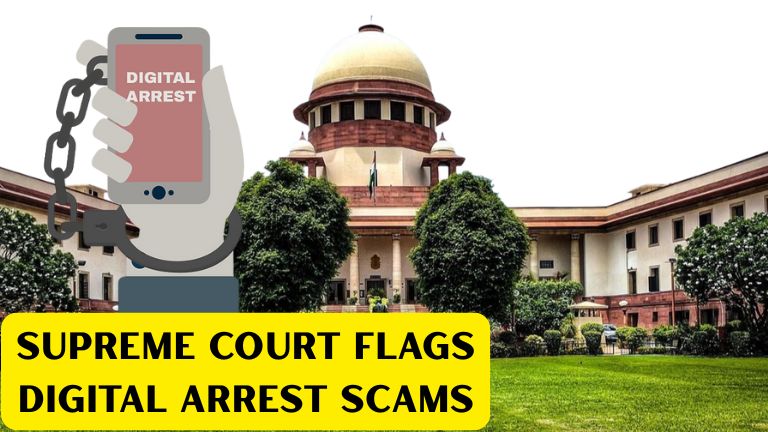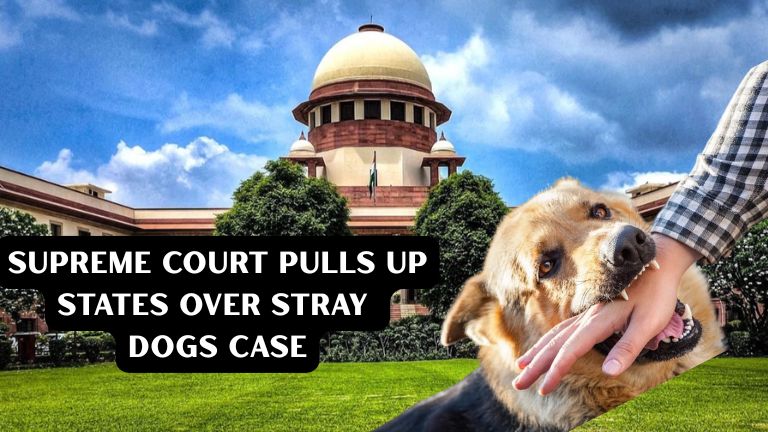P. JAGANMOHAN REDDY C.J. - The Tribunal has referred the following question for our decision, viz :
Whether, on the facts and in the circumstances of the case, the notice issued u/s 34(1)(a) was invalid, being barred by limitation ?
The assessee filed a return for the assessment year 1943-44 for which the corresponding accounting year is the year ended on March 31, 1943. It
may be stated that the assessee-firm undertook a contract for the construction of an aerodrome at Madhurpudi, near Rajahmundry, during the
second world war, the work having been started in October, 1942, and completed in December, 1943. The accounts of the firm were closed for
the whole period from October 1, 1942, to December 31, 1943. The Income Tax Officer issued a notice u/s 22(2) on February 19, 1944, calling
for a return of income for the assessment year 1943-44. In reply, the assessee stated that the work was started in October, 1942, and completed
in December, 1943, and the accounts were under completion. The Income Tax Officer closed the assessment proceedings as ""no assessment"" on
March 30, 1944, with the remark that the work was completed in 1943 and the income relating to the contract work was assessable in 1944-45.
For the assessment year 1944-45, the Income Tax Officer issued another notice u/s 22(2), in response to which the assessee filed a return
covering the whole period from October 1, 1942, to December 31, 1943, and declaring a loss of Rs. 15,302. One of the partners, Sri G. V. Rao,
wrote to the Income Tax Officer on June 26, 1945, that, because the income or loss was for a single contract, he wanted the result of the whole
contract to be included in one assessment. Accordingly, the Income Tax Officer completed the assessment for the entire period from October 1,
1942, to December 31, 1943, and fixed the income at one lakh of rupees.
Against this order, the assessee went in appeal to the Appellate Assistant Commissioner before whom the assessee raised as one of the
contentions that the Income Tax Officer was not justified in taxing the income of the period, October 1, 1942, to December 31, 1943, in one
single assessment. He should have split up the income into two different periods, one from October 1, 1942, to March 31, 1943, and the second
from April 1, 1943, to December 31, 1943, proportionately and taxed. The Appellate Assistant Commissioner upheld this contention and directed
that 27/43 of the income computed for the whole period only will be included in the assessment and that the balance of the income is assessable for
the earlier year, viz., 1943-44. Consequently upon the order of the Appellate Assistant Commissioner the Income Tax Officer issued a notice u/s
34(1)(a) on February 20, 1959, for the assessment year 1943-44. The assessee objected on the ground that action u/s 34(1)(a) was barred by
limitation. The Income Tax Officer overruled the objection and completed the assessment on a total income of Rs. 37,209. The assessees appeal
to the Appellate Assistant Commissioner was unsuccessful.
There was a further appeal to the Tribunal where it was contended that notice u/s 34(1)(a) was barred by limitation, as it was issued long after the
period of eight years, which ended on March 31, 1952. On this point, the Tribunal agreed with the contention of the departmental representative
that the notice as issued by the Income Tax officer in consequence of or to give effect to any finding or direction contained in an order u/s 31 is
within the meaning of the second proviso to section 34(3) of the Act as it stood after the amendment of 1953 (with effect from April 1, 1952).
Notwithstanding this, it agreed with the contention of the assessee that action u/s 34 had become time-barred by March 31, 1952, and that the
second proviso to section 34(3), as it stood at that time, did not save the limitation. That proviso was as follows :
Provided further that nothing contained in this subsection shall apply to a reassessment made u/s 27 or in pursuance of an order u/s 21, section 33,
section 33A, section 33B section 66 or section 66A.
It also rejected the contention of the department that, as the notice had been issued after April 1, 1956, limitation was saved in view of section 4 of
act No. 1 of 1959. In coming to this conclusion, the Tribunal followed a decision of the Bombay High Court in Onkarmal Meghraj v.
Commissioner of Income Tax, which accordingly held that the notice issued was invalid and as such, the assessment was also invalid. It is apparent
that whether the earlier proviso before its amendment or the second proviso after the amendment or the second proviso after the amendment is
applied, the answer to the question must be in the affirmative. In a recent case, viz., Income Tax Officer, A-Ward, Sitapur v. Murlidhar Bhagwan
Das, their Lordships of the Supreme Court have held that the direction which the Appellate Assistant Commissioner or the Tribunal gives in order
to lift the ban of limitation imposed by section 34 must pertain to the year of assessment in appeal with respect to which alone the appellate
authorities have jurisdiction. In this case it is obvious that the assessment year was 1944-45 and the Appellate Assistant Commissioner had
decided to direct the apportionment of the income of the business for nine months at 27/43 of the total income for that assessment year. After
stating thus, he observed that the balance of the income will be assessable for the earlier year, viz., 1943-44, with respect to which, it is obvious,
there was no appeal. This last-mentioned direction will not have the effect of lifting the ban on limitation.
The result is that the assessment for the year 1943-44 is clearly time-barred and the Income Tax Officer had no jurisdiction to issue a notice.
Accordingly, the question will have to be answered in the affirmative. In this view, it is unnecessary to consider whether the proviso before its
amendment also has the same effect because when the direction itself is invalid, it is immaterial which proviso applies. Our answer to the question
is, therefore, in the affirmative and in favour of the assessee with costs. Advocates fee Rs. 250.
Question answered in the affirmative.

